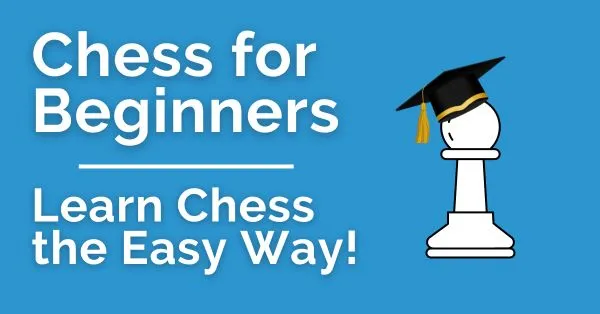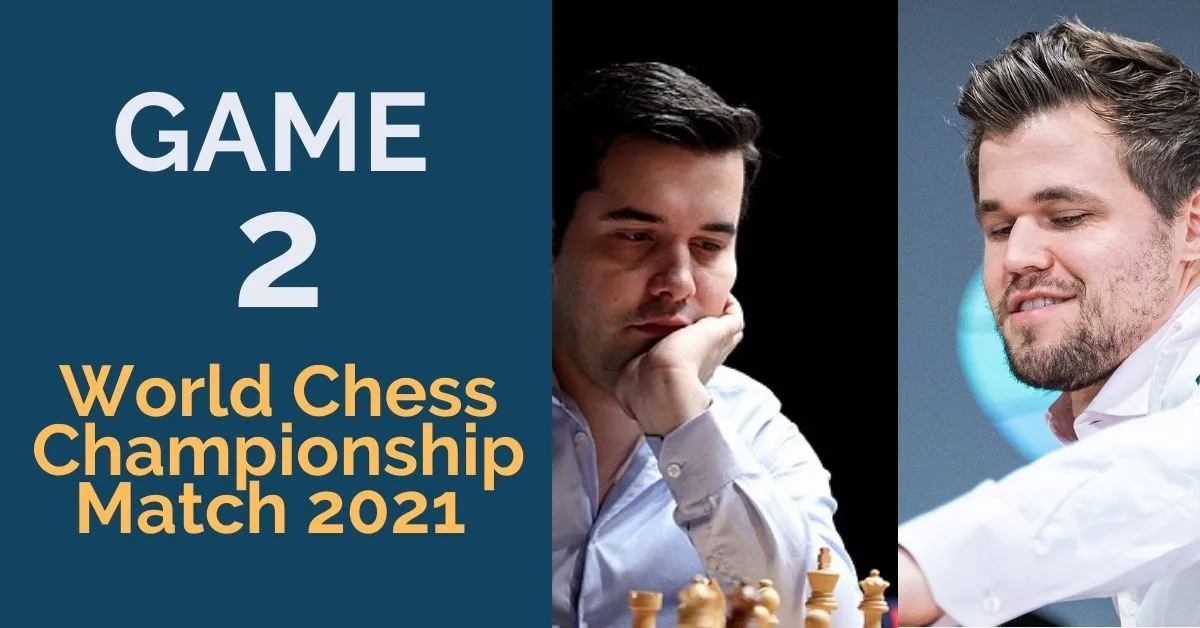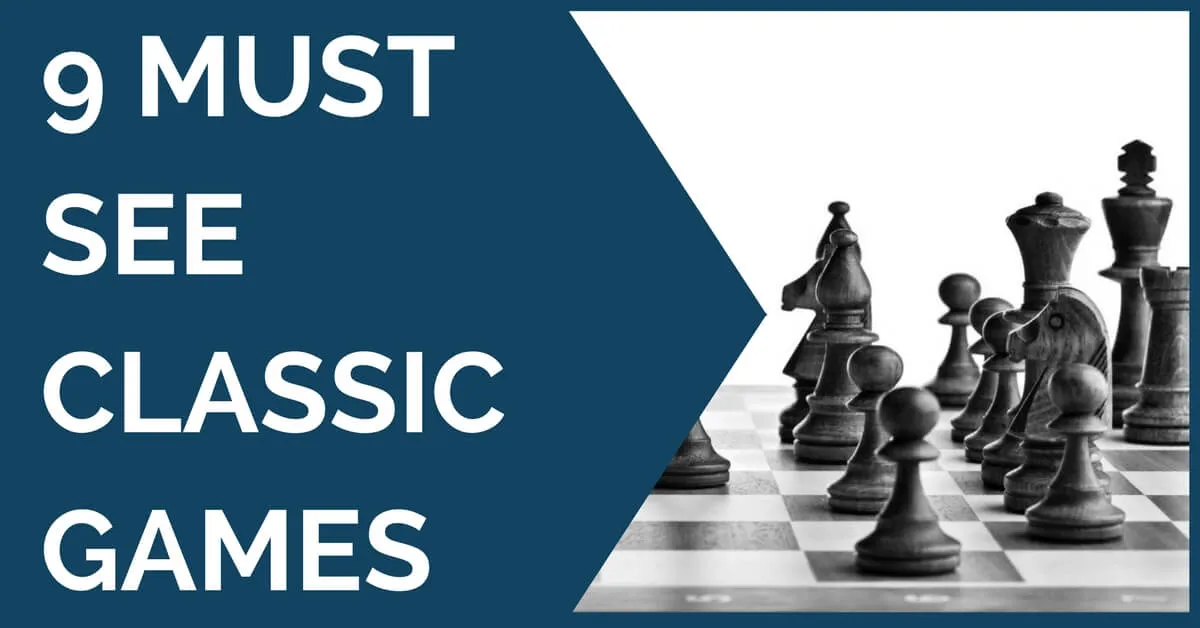Chess For Beginners: Learn Chess the Easy Way!

Chess is a game where the ideas of two individuals clash. As a beginner begins to learn chess, they have to balance attack and defense and use all the pieces effectively. Chess is also a game of creativity and beauty, where you can create amazing combinations and sacrifices that surprise your opponent. It is a game for everyone, young and old, beginner and expert alike. Chess for beginners is fun, they can start their chess journey with excitement and passion.
This article is a beginner’s guide to chess.
Learn the Basic Rules
Starting to play chess is rewarding both mentally and emotionally because it helps enhance mental skills as well as creativity.
To learn how to play chess, you must first understand some basic rules. Understanding the chess board for starter players is vital.
At this stage, it is important to learn the basic chess rules step by step. A beginner starts learning chess the following way:
- Know the pieces.
- Understand the geometry of the board.
- Learning to place the pieces.
Setup and Rules
It is played on a 64-square board with alternating bright and dark colors. Each player starts with 16 pieces.
The object of the game is to trap the opposing king such that it cannot escape any attack.
The game can also result in a tie, meaning that neither player wins.
The first interaction and introduction to chess pieces is to set up the board, each player places their pieces on the first and second rows of their side.
Chess rules are basic but elegant. Each piece moves differently depending on its power.
Gameplay
Chess gameplay is an enthralling battle of intellects on a checkered battlefield. Two players strategically maneuver their pieces, aiming to checkmate the opponent’s king.
It demands foresight, tactics, and calculation.
Learning chess openings adds depth to the game. Chess opening lessons give more clarity to beginners.
Read up on Chess Strategy
Chess strategy is the heart and soul of the game. A meticulous blend of planning and execution that shapes the outcome of the game.
Imagine the excitement of foreseeing future moves, calculating with lightning speed, and following your gut instincts, all while reading the opponent’s mind! Novice chess players should aspire to grasp chess strategy as best as possible.
The game of chess for beginners has so much to offer in terms of strategy that it becomes a lifelong learning experience.
Apply the principles in practice games
Applying chess strategy in beginner chess games is very important.
Picture this: a battlefield of wits and tactics, where each move can alter the course of the game. That’s where chess strategy swoops in, like a valiant hero, to guide you toward victory.
All Chess principles follow clear logic that beginner chess players should understand first and foremost.
Chess principles are a guiding hand that novice players can follow to navigate the various scenarios that arise.
Watch these video lessons for a practical review
Learning chess through videos is an enjoyable approach. The internet offers a vast array of chess video content suitable for all levels, allowing individuals to select their preferred type of videos.
Tip: You should also consider watching smashing the like button on TCW Youtube Channel!
It is essential to balance practical play with engaging and motivating learning methods. By doing so, learners can avoid getting bored from repetitive activities and sustain their interest in chess.
If you’re wondering where to start learning chess, you can watch easy chess tutorials to kickstart your chess journey with confidence!
Play against a computer or another person
Playing chess with other people, or against a computer, is a terrific way to enjoy and learn the game for beginners. When you play players from different backgrounds, you learn about their chess journey.
Playing against a computer is a bit tricky. A modern-day computer is so powerful that it can defeat the world’s best player easily.
So how should beginners use computers to play? Novice players can use the computer to practice certain endgame positions that are useful in a real game.
Study your mistakes after every match
The most effective way to learn as a beginner in chess is by reviewing one’s own games.
To make progress, the key is to carefully analyze the games in which you faced defeat, identifying areas where they could have made different moves. Exploring various possible scenarios is crucial.
Study the mistakes in a game with an experienced coach who can help with game analysis and point out important chess lessons for beginners.
Practice playing online with other players
Online chess is a great way to practice your moves, learn from your mistakes, and test your strategies against opponents of different skill levels.
You can play anytime, anywhere, and with anyone you want. You can also join online chess communities to act as a chess guide, chat with other players and start chess games at convenience, and participate in tournaments and events.
FAQ
How should a beginner learn chess?
A beginner should learn chess by first understanding the rules of the game. Then familiarizing myself with the pieces and their functions.
Is chess good for the brain?
Chess is good for the human brain. It helps improve logic and creativity. It is also said to act as a deterrent to Alzheimer’s.
Can you get good at chess just by playing?
Playing is a vital part of improving chess. Beginner chess payers should play a lot but at the same time study the games to identify mistakes.
How hard is it to learn chess?
Chess rules are easy to learn for beginners and novice players. Beginner players should learn with a chess guide.
Is 50 too old to learn chess?
No age is too old to learn chess. Anyone can learn to play chess. Players of all ages, gender, religion, and place of birth.
Want to know about Chess for Beginners? Look at Introduction to Chess: how it all begins as well as How to play chess better.










Comments: